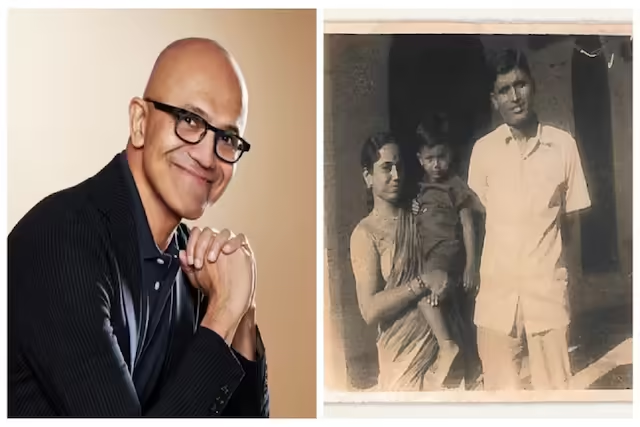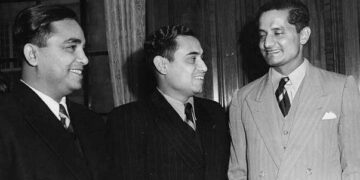Padmaja Naidu (English: Padmaja Naidu, born 17 November 1900; died 2 May 1975) was the daughter of the famous Indian politician Mrs. Sarojini Naidu. Like his mother, he had dedicated his entire life to the interests of India. His national service as well as his humanitarian approach are always remembered. Padmaja Naidu was honored with ‘Padma Vibhushan’, the second highest civilian award of the Government of India in 1962.
brief introduction
Padmaja Naidu, daughter of Sarojini Naidu, was born on November 17, 1900. He was greatly influenced by his patriotic mother.
At the age of just 21, Padmaja Naidu had emerged on the national horizon. Shortly thereafter, she became the joint founder of ‘Indian National Congress’ in Hyderabad.
Padmaja Naidu gave the message to inspire people to boycott foreign goods and adopt Khadi and participated in the dedicated campaign.
In the year 1942, when Mahatma Gandhi started the ‘Quit India Movement’, he had to go to jail for participating in that movement.
After India’s independence, she became a member of Parliament and later became the first woman Governor of West Bengal.
During her nearly 50 years of public life, Padmaja Naidu was also associated with the Red Cross and was its President from 1971 to 1972.
Padmaja Naidu was awarded the ‘Padma Vibhushan’, the second highest civilian award of the ‘Government of India’ in 1962.
His services to the nation especially his humanitarian approach will always be remembered.
Sarojini Naidu’s daughter Padmaja was dedicated to the country like her mother.
Padmaja Naidu died on 2 May 1975. ‘Padmaja Naidu Himalayan Zoological Park’ in Darjeeling is named after him.






